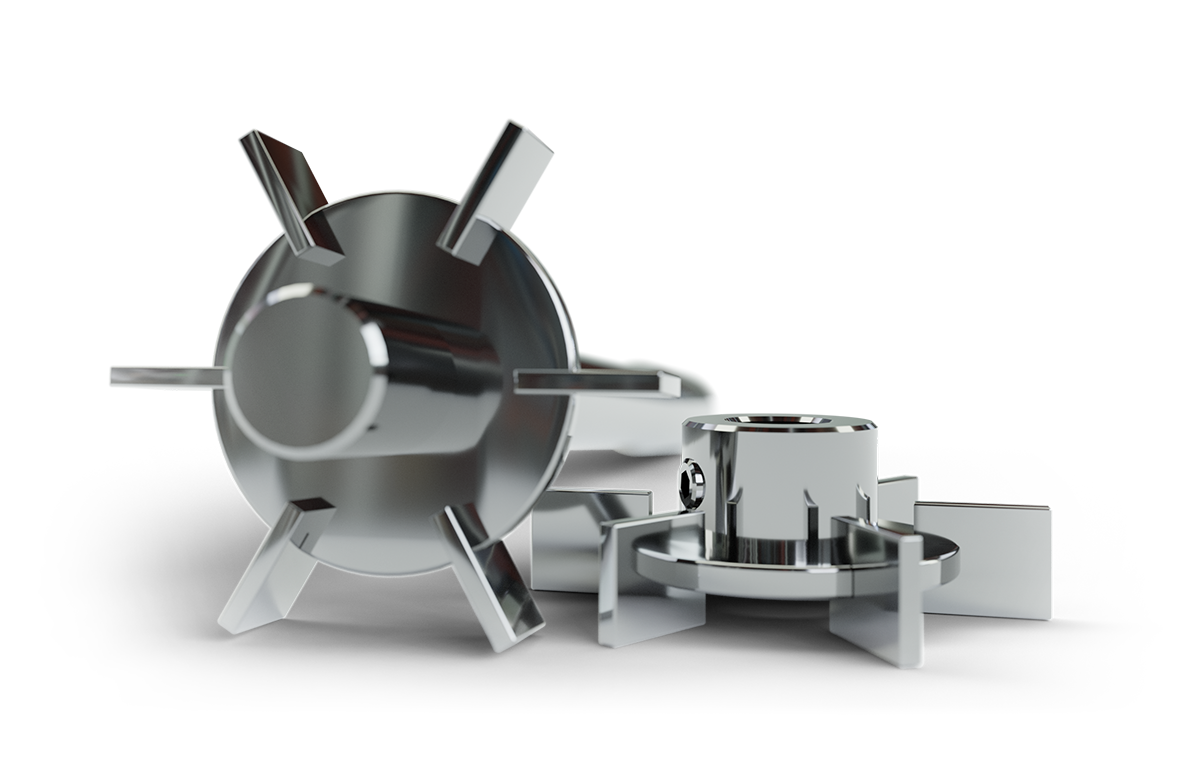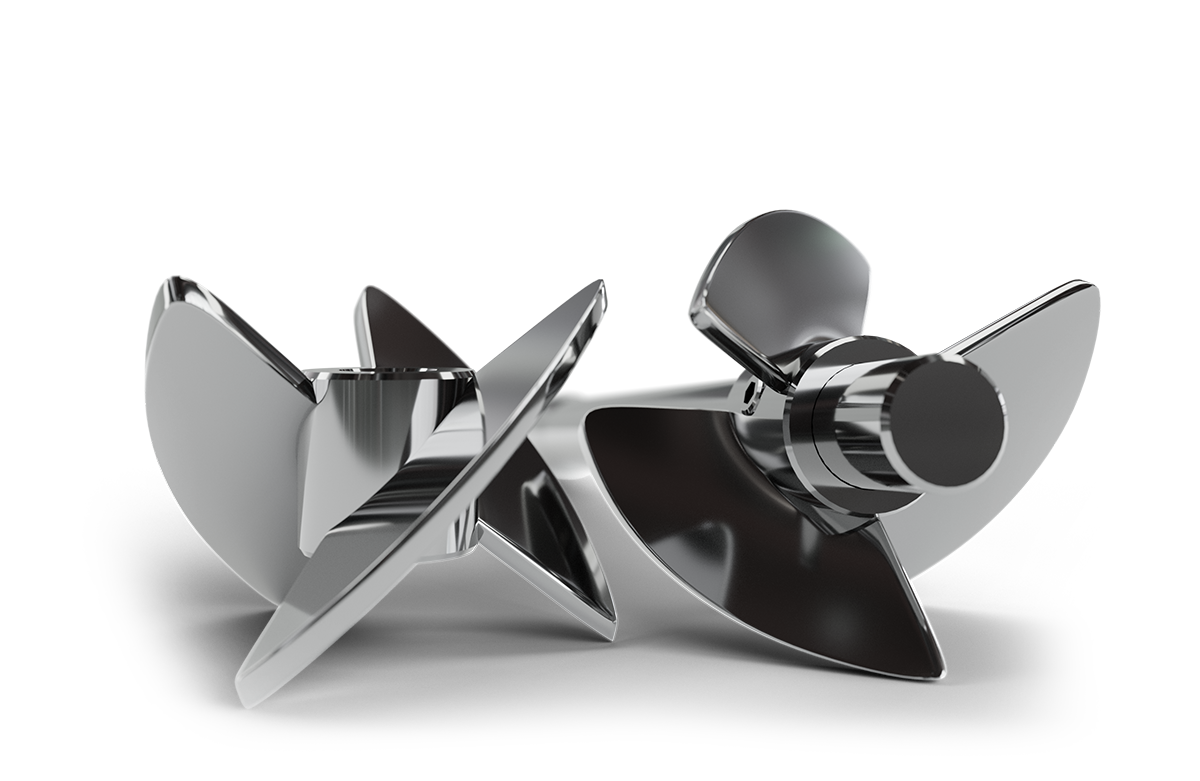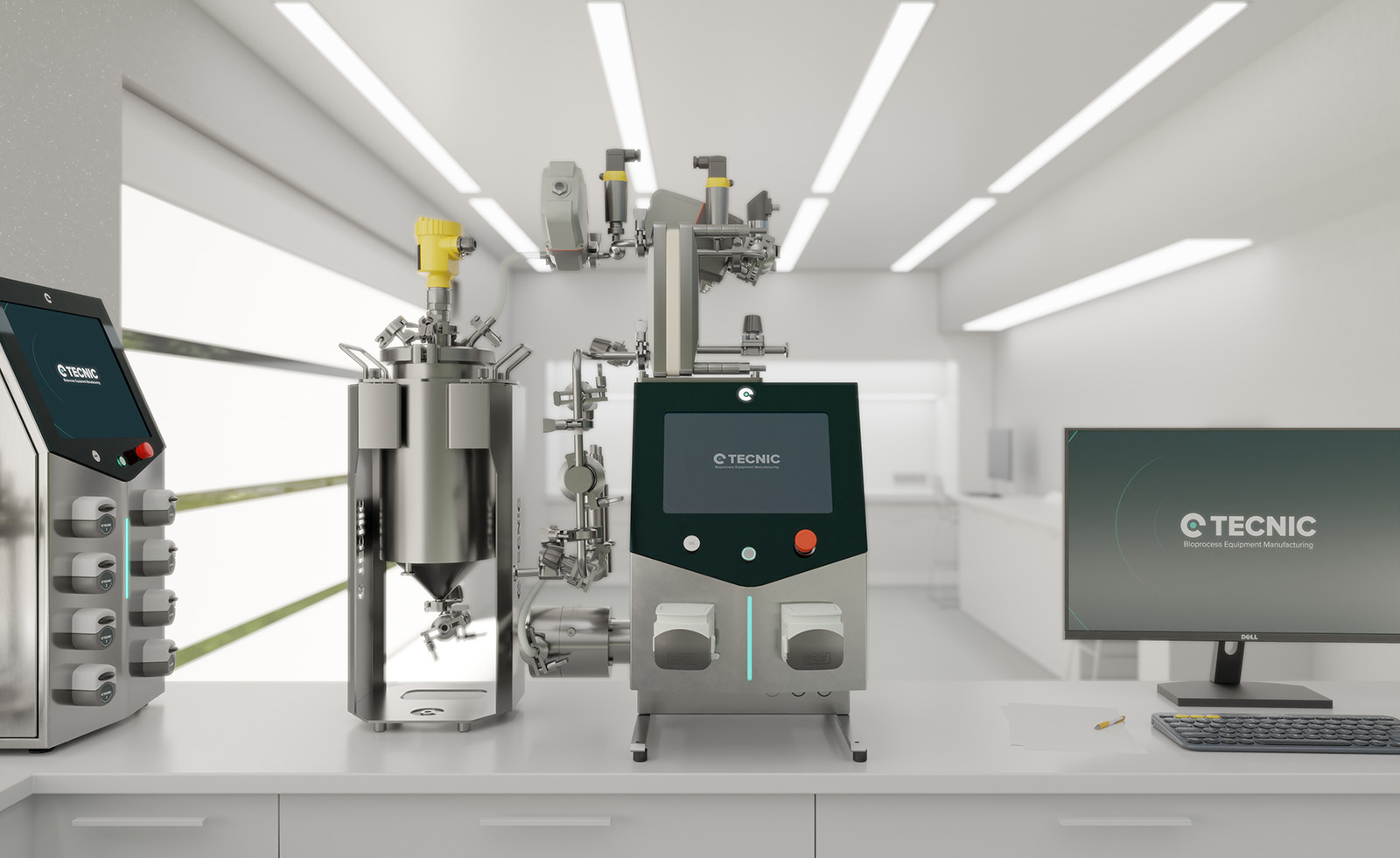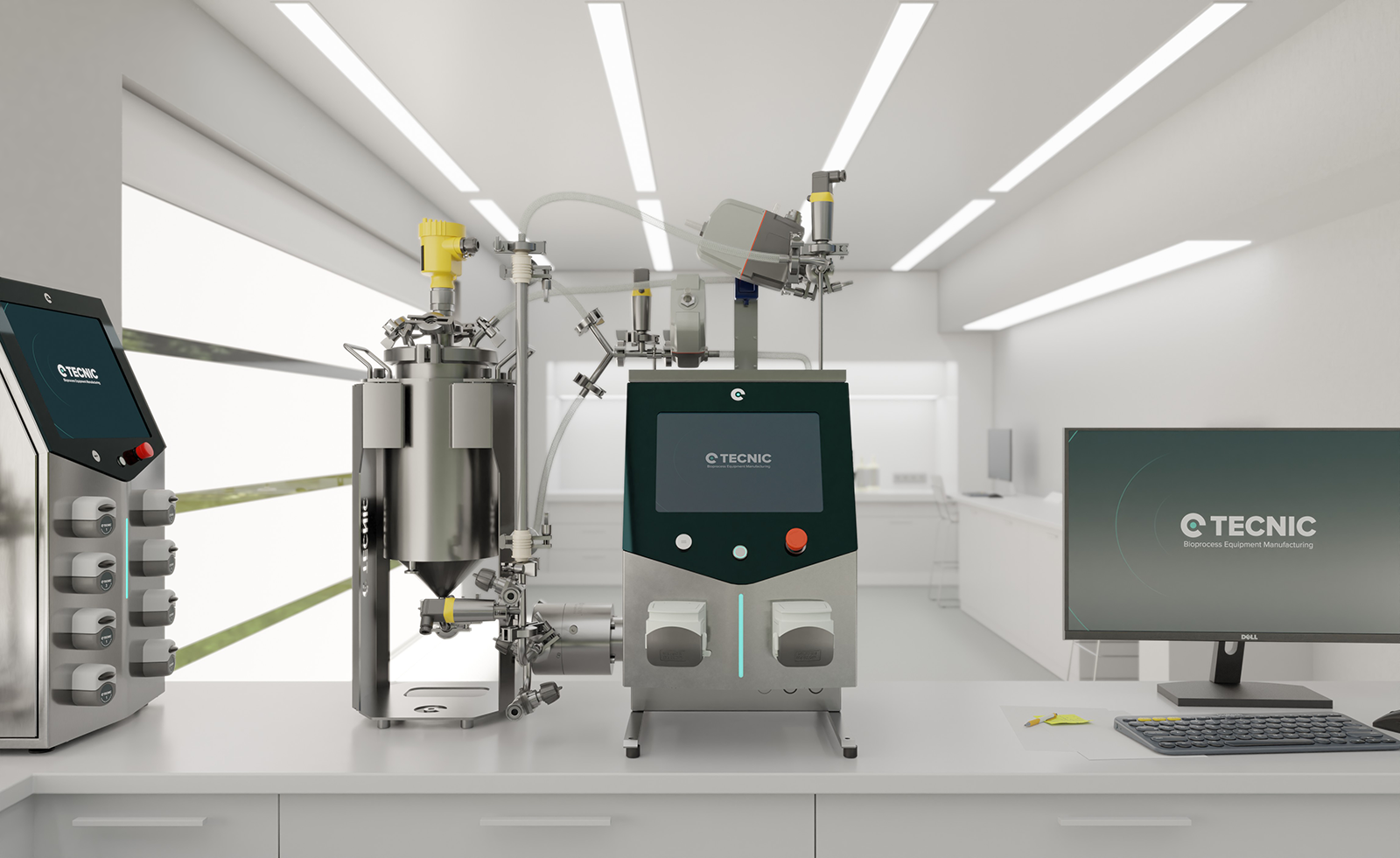In a global context where the demand for safe and effective vaccines continues to rise, biotechnology emerges as a key pillar in addressing these critical needs. Within this framework, single use systems have proven to be transformative in biopharmaceutical production, offering solutions that are not only scalable and flexible but also represent a significant advancement in sustainability. This article explores how these technologies are reshaping the modern industry.
The recent pandemic has highlighted the urgent need for technologies capable of rapid scaling while maintaining the highest standards of quality and safety. Single use systems provide a robust solution to this challenge, enabling biopharmaceutical manufacturers to adapt swiftly to complex and dynamic scenarios while simultaneously reducing resource consumption.
The rise of single use systems
The adoption of single-use systems has grown exponentially in recent years due to their ability to optimize processes, reduce operational costs, and enhance efficiency. One of the key advantages of these systems is the elimination of critical steps such as cleaning and sterilization, saving time and mitigating risks associated with cross-contamination. These features are particularly relevant in vaccine production, where even minimal deviations can compromise the safety of the final product.
Furthermore, single-use systems offer unprecedented flexibility, allowing biopharmaceutical companies to experiment with smaller production batches, which is essential in the development of gene and cell therapies. In these areas, each process may require specific adaptations to meet the unique needs of each patient—something traditional systems struggle to achieve.
Key benefits of single use systems
- Scalability: Single use systems enable efficient transitions from research stages to large-scale production, quickly adapting to demand fluctuations, as observed during global health emergencies.
- Flexibility: The adaptability of these systems makes them ideal for addressing diverse applications, from advanced therapies to traditional vaccine manufacturing, optimizing resources and reducing costs.
- Sustainability: By minimizing the use of water, energy, and chemicals, single use systems promote more sustainable production practices—a critical aspect for companies committed to responsible operations.
Success stories and relevant applications
The effectiveness of single-use systems has been demonstrated in the manufacture of vaccines for emerging diseases and in the production of personalized therapies. For example, during global health crises, these systems have allowed manufacturers to respond quickly to demand without compromising quality or safety. This approach is also relevant in the research of new treatments, where agility and adaptability are key factors.
A representative example is the use of single-use bioreactors in gene therapy manufacturing, where each batch may require unique configurations. These systems have proven essential for meeting the stringent regulatory and quality requirements associated with advanced biological products.
Future trends in biotechnology
The next wave of innovation in biotechnology is marked by the integration of advanced technologies such as automation, real-time analytics, and artificial intelligence. When applied to single-use systems, these tools promise to revolutionize manufacturers' ability to monitor, optimize, and scale processes with agility and precision.
Another emerging trend is the development of modular platforms that combine multiple functions into a single system. This approach enhances adaptability to different production stages and contributes to operational efficiency. Additionally, advancements toward recyclable materials for single-use systems demonstrate a further commitment to sustainability, a value increasingly demanded by the industry.
Conclusion
Biotechnology is at a turning point, driven by the widespread adoption of single-use systems that redefine efficiency, flexibility, and sustainability standards in biopharmaceutical production. These technologies are transforming not only how vaccines and advanced therapies are produced but also the industry's overall environmental impact.
In this context, TECNIC positions itself as a key player by providing innovative, high-quality solutions that meet market demands. Our portfolio includes single use bioreactors designed to meet needs from research to large-scale production, ensuring efficiency, scalability, and sustainability. With a focus on research, customization, and sustainability, TECNIC continues to lead the development of technologies that empower biopharmaceutical manufacturers to meet the needs of a constantly evolving world.
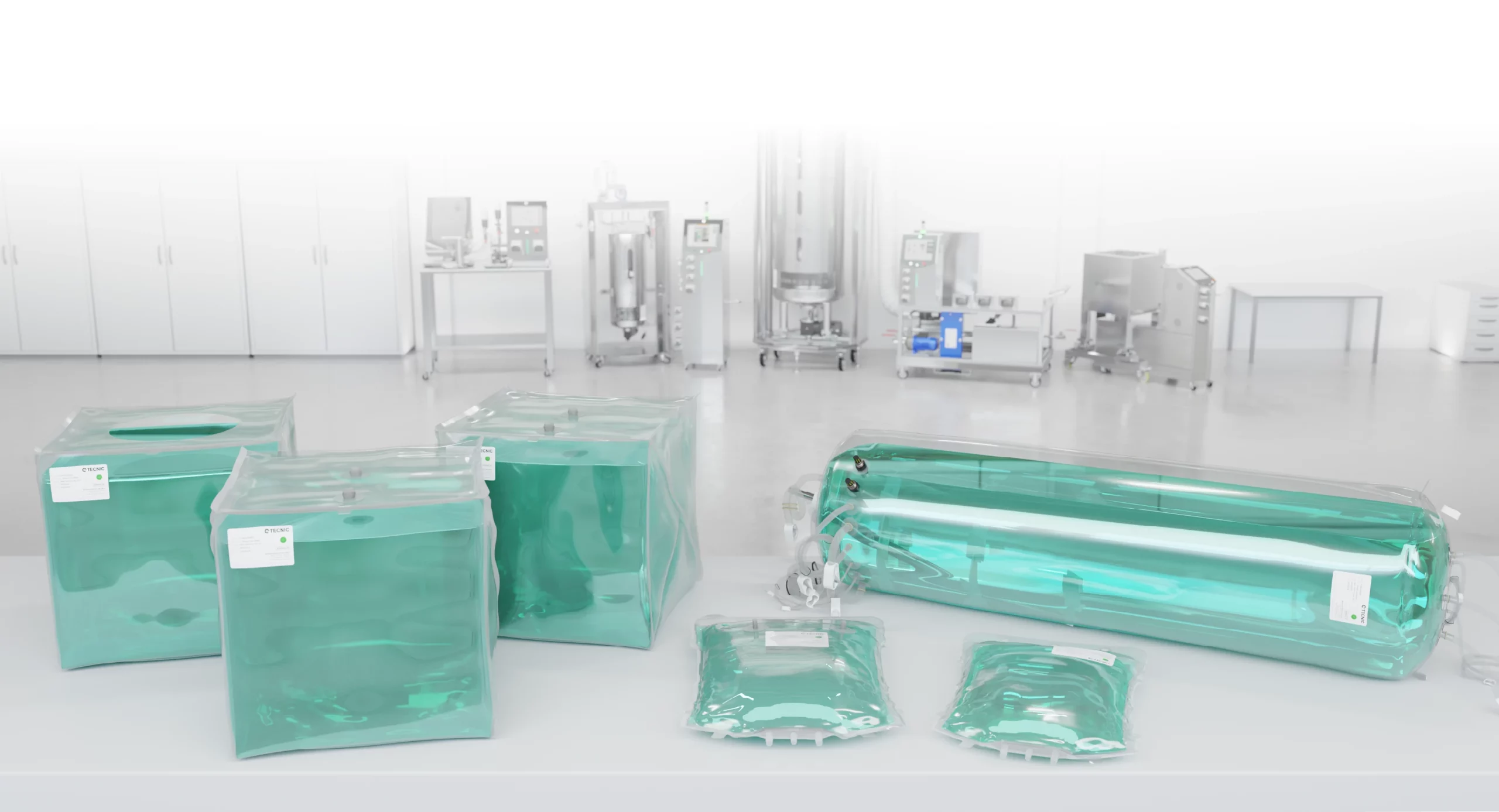
Frequently Asked Questions (FAQ)
Single-use systems are devices and equipment designed for one-time use in biopharmaceutical processes, eliminating the need for cleaning and sterilization.
The main benefits include scalability, flexibility, and sustainability. These systems optimize processes, reduce costs, and minimize environmental impact.
They are widely employed in vaccine production, gene and cell therapies, and other advanced biopharmaceutical products.
By requiring less water, energy, and chemicals and incorporating recyclable materials in some cases, these systems support more responsible production practices.
The integration of advanced technologies like automation, real-time analytics, and modular platforms is transforming these systems to make them even more efficient and adaptable.







